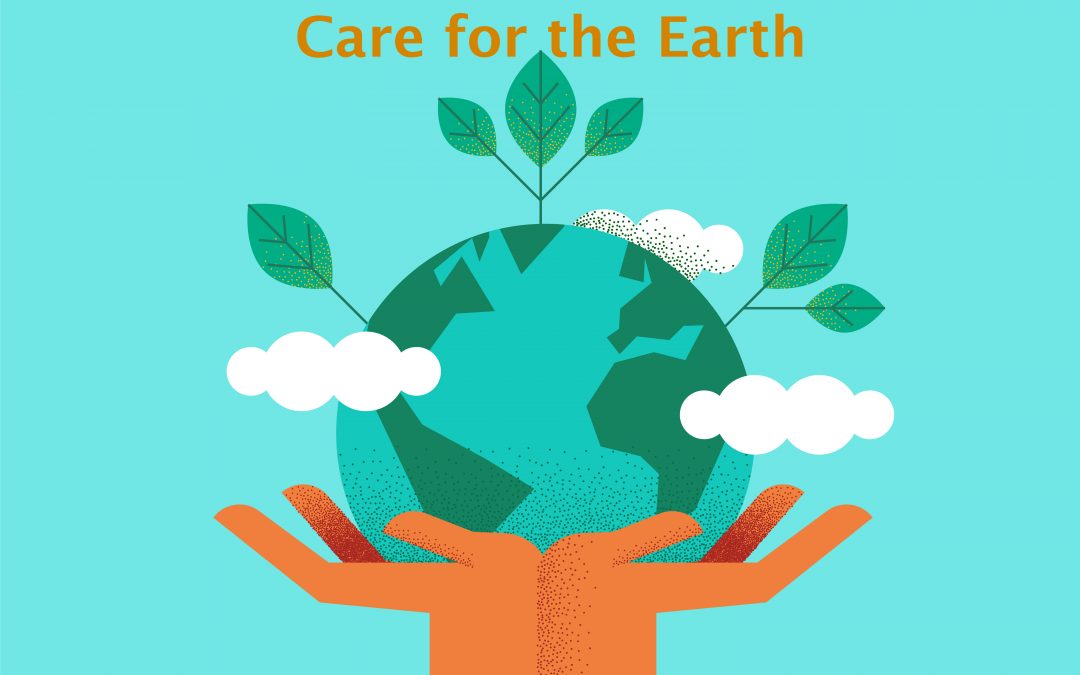The Earth Ministry Committee shares environmental stewardship practices for Earth Month and every month.
During this month of thinking about the Earth, we should understand something about the greenhouse gasses that human activity continues to release into our atmosphere. Many people know that burning fossil fuels (e.g., gasoline) pumps carbon dioxide into the air. The carbon dioxide traps heat from the sun, warming the earth and changing our climate. What people might understand less well is that certain other gasses that come from our activities are actually more potent at trapping heat. One is methane. According to the U.S. Environmental Protection Agency, methane is between 28 and 36 times more effective than carbon dioxide at trapping heat in the atmosphere.
Methane comes from a number of sources, but one that we can reduce through our own practices is methane coming from landfills. When you put organic material–that is, food waste, paper waste, cotton clothing, or anything that comes from a living source–into your garbage, it goes to the landfill and ends up producing methane. When food or other organic waste breaks down in the absence of oxygen, which happens in a landfill, methane is made.
By contrast, when you compost, putting food scraps, greasy paper or cardboard and yard waste in a compost service, it breaks down in the presence of oxygen, resulting in no methane and producing a nutrient rich substance that helps plants grow. Composting is a great way to help our atmosphere by decreasing our greenhouse gas emissions.
You can compost vegetable scraps and yard waste at home. Many internet sources can tell you how. There are two- and three-bin systems, towers or drums that you can buy, worm composters or simply piles that you turn occasionally. Plant material breaks down nicely with the power of soil bacteria, creating a material you can scatter on your plant beds to enrich your soil.
Also, Evanston, Wilmette and Skokie all have curbside food and yard waste composting services. If you prefer, you can contract with Collective Resource, a private firm that collects food waste, to pick up your food scraps. Composting does a lot of good for fairly little effort, and you might be amazed at how much less you throw away when you make a habit of it.

